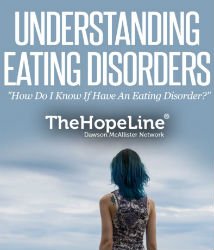The Reality of Binge Eating Disorder in New Zealand
Binge eating disorder is a serious and potentially life-threatening eating disorder characterized by recurrent episodes of binge eating. Binge eating episodes are characterized by eating an unusually large amount of food in a short period of time, feeling a lack of control over eating during the episode, and feeling distress and/or guilt afterwards.
Binge eating disorder affects people of all ages, genders, and backgrounds, but it is most commonly diagnosed in adults. The prevalence of binge eating disorder in New Zealand is not well-known, but a recent study found that 1.5% of adults in the country meet the criteria for the disorder.
While the exact causes of binge eating disorder are not fully understood, there are several risk factors that have been identified. These include psychological factors such as low self-esteem, body dissatisfaction, and a history of dieting; biological factors such as a family history of eating disorders or obesity; and social factors such as peer pressure and cultural messages about body size and shape.
Binge eating disorder can have serious consequences on a person’s physical and mental health. Physical health complications can include obesity, high blood pressure, and type 2 diabetes. Mental health complications can include depression, anxiety, and substance abuse.
If you think you or someone you know may be struggling with binge eating disorder, it’s important to seek professional help. Treatment for binge eating disorder typically includes a combination of psychological and nutritional counseling, and in some cases, medication. With treatment, many people with binge eating disorder are able to recover and live healthy, fulfilling lives.










Recent Comments